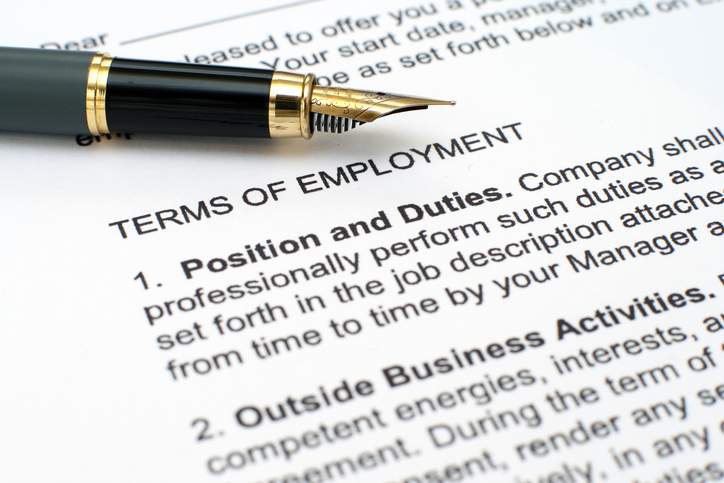A quarter of workers are only productive for up to two hours a day, according to new research from Fellowes.
This adds up to 40 million hours of lost productivity in the UK each week.
The problem is getting worse over time. Compared to data from 2017, the average office worker has lost an extra 30 minutes a day to productivity issues.
A third of office workers admit to only completing between one and four tasks every day while the average British worker fails to meet deadlines at least once a week.
Even then, two in five of them claim that they’re more productive than their bosses.
The research comes after the Bank of England revealed that this is the worst decade of productivity growth in Britain since the 18th century.
So, what’s happening?
Major distractions
Out of the 1,250 office workers questioned, 47 per cent said that talking to colleagues is the dominant cause of distractions, followed by emails (29 per cent) and mobile phones (24 per cent).
Chatting to colleagues was also the biggest distraction in 2017, but social media and mobile use have climbed up the list in 2018.
What would make workers more productive?
Brits have a few ideas of what would help matters.
First off, almost two thirds of workers think that a four-day working week would be beneficial.
A quarter also believe that having fewer meetings would help them be more productive. Meanwhile, 17 per cent say that taking more breaks would increase output and 16 per cent reckon better management would solve the problem.
Over a third (36 per cent) complain that they don’t have the right office equipment more than once a week, compared with one in five in 2017.
A smaller 19 per cent agree that better office equipment would make them feel more productive while 95 per cent agree that good office equipment actually does improve output.
Darryl Brunt, Fellowes UK & Ireland sales and marketing director, thinks that it’s down to employers to get more out of their staff. ‘To unlock people’s productivity, workers must not only have the right equipment, but they must feel valued and supported. By establishing smarter ways of working, employers can build an empowered workforce which best serves its customers’.





